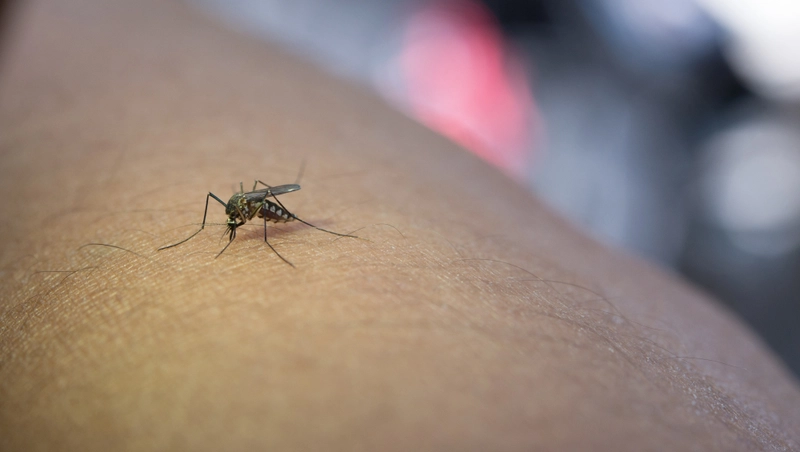- Published on: Jul 05, 2020
- 1 minute read
- By: Dr Rajan Choudhary
DOCTORS DAY: THE CELEBRATION OF DR BIDHAN CHANDRA ROY
DOCTORS DAY: THE CELEBRATION OF DR BIDHAN CHANDRA ROY
Today is the 1st of July, also known as Doctor’s Day. We celebrate it in honor of Dr Bidhan Chandra Roy, one of the most influential men in Modern India.
He was born in 1882 in Patna, the youngest of five siblings, to a modest family. He studied at Presidency College, Kolkata, and later at Patna College with Honours in Mathematics. After completing further studies at Calcutta Medical College he left for England to pursue further medical training.
Records show he tried to apply at St Bartholomew’s Hospital, London, over 30 times before they relented and allowed entry. Within two years he was a fellow of not just the Royal College of Physicians but also the Royal College of Surgeons, a feat unheard of today.
When India was pushing for its freedom Dr Roy returned home with the aim of making his home nation’s people strong, healthy and successful. He had a major role in establishing healthcare facilities including the Jadavpur TB Hospital, Chittaranjan Seva Sadan, Kamala Nehru Memorial Hospital, Victoria Institution and Chittaranjan Cancer Hospital in Kolkata.
He was very close to Mahatma Gandhi's personal physician & the only man Gandhi would reluctantly obey. During
When India got independence, he wanted to go back to medicine, but Gandhi told him Bengal needed him. During his fast in Pune, Dr Roy visited him and encouraged him to take his medicine.
Gandhiji had refused medicines because they were was not made in India and asked him, "Why should I take your treatment? Do you treat four hundred million of my countrymen free?" The doctor had replied "No Gandhiji, I could not treat all patients free. But I came here not to treat Mohandas Karamchand Gandhi, but to treat someone who represents the four hundred million people of my country."
Dr Roy was also very involved in politics and leadership roles, having a significant positive impact on people's lives. He played a role as the Mayor of Calcutta, Vice-Chancellor of Calcutta University, President of the Medical Council of India and the Governor of the United Provinces (now Uttar Pradesh). It was under his mayorship that the city undertook a massive expansion in free education, public health care, road infrastructure, improved lighting, and water supply.
After Independence Gandhiji persuaded him to stay as a leader, in the office of Chief Minister of West Bengal, on the condition he could pick his cabinet without political interference. Under his stewardship, he elevated the state from a time of chaos and violence to one of peace within three years.
One of his quotes is hugely relevant in these times. "Difficulties are always there-they will always be there, and I am glad that there are difficulties, for they excite the imagination and the intellect, and you can then find out the means by which you can solve the problem".
It is this role model we celebrate today on Doctor’s Day.
Our Services
Request A Callback
Recent Posts
Mosquito-Borne Diseases to Watch Out for in 2025
Jul 16,2025
Lipid Profile Test – Normal Range and Risks
Jul 12,2025
How to Prevent Food Poisoning in Monsoon
Jul 10,2025










